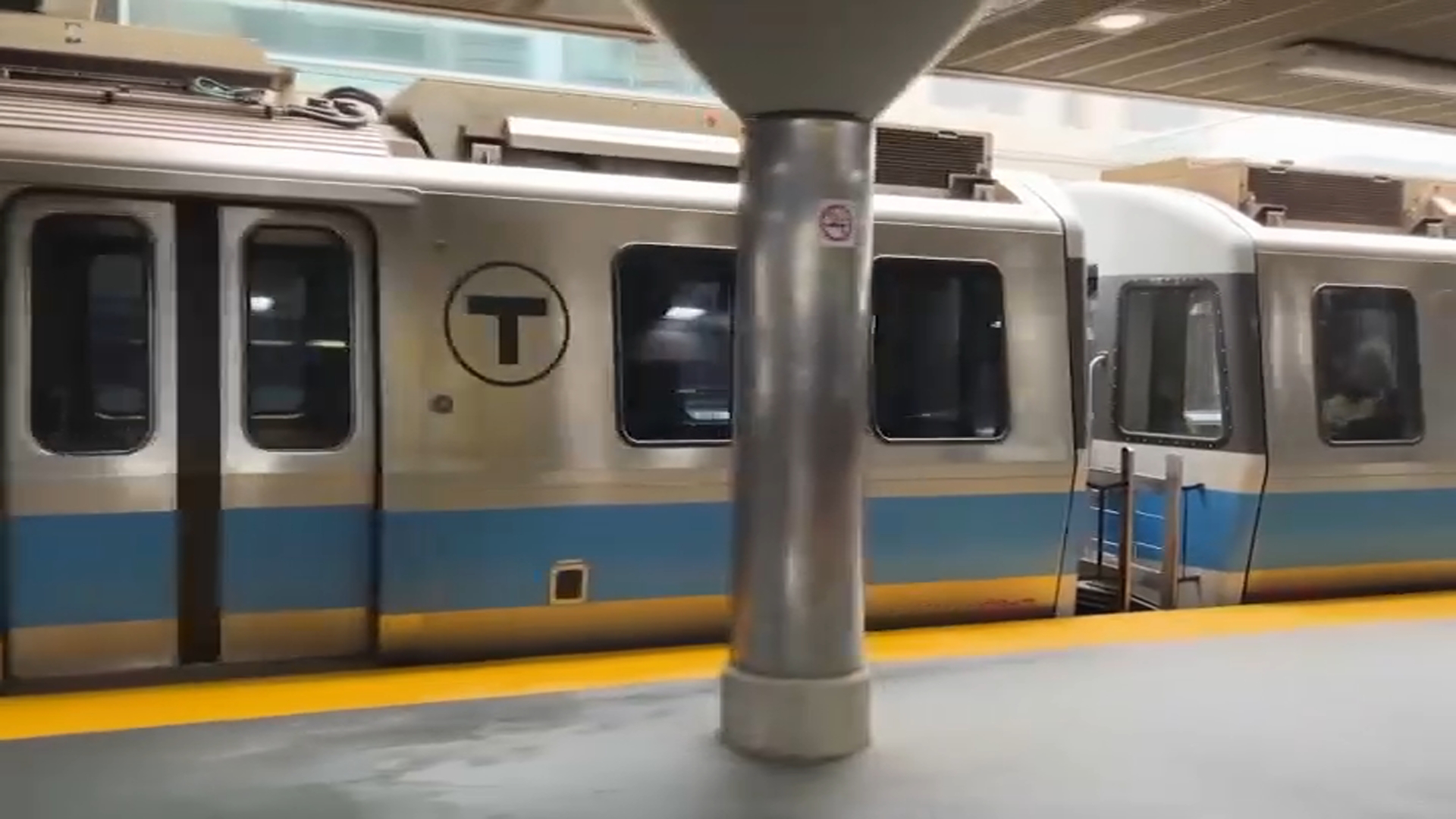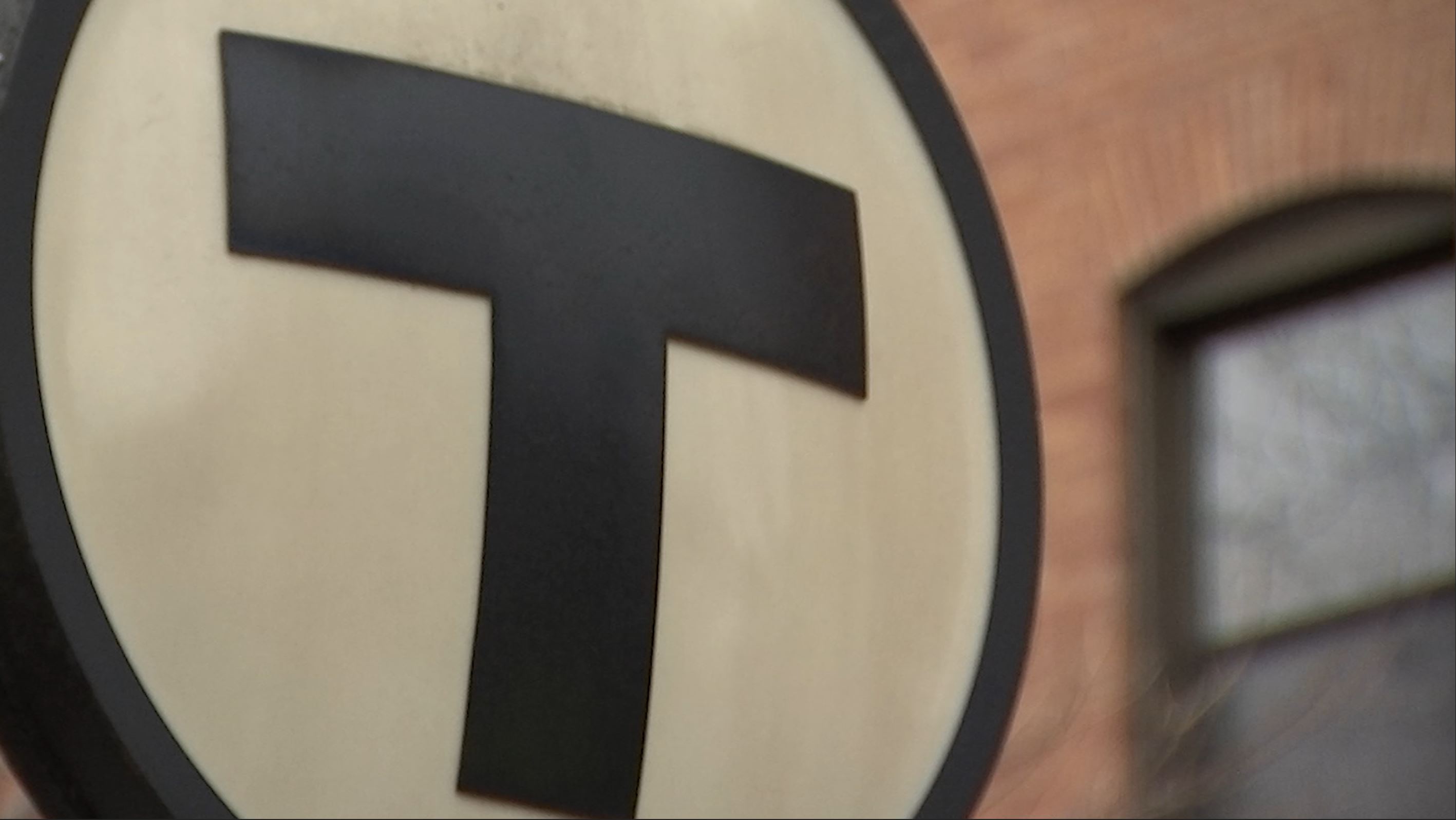The MBTA plans to offer half-priced fares for more low-income riders later this year. The proposal was heard by the Board of Directors Thursday which could benefit an estimated 60,000 riders.
The agency’s existing reduced fare program benefits some students, seniors over 65, people with disabilities and young adults with low income. This proposal would expand eligibility to include individuals ages 26 to 64 who make about $29,000 a year, or $60,000 for a family of four. Program participants will demonstrate eligibility via existing enrollment in programs with a cutoff of 200% of the federal poverty line (or lower).
Mary Napolitano, a member of the Mass Senior Action Council, spoke in favor of the proposal at the Board meeting.
“I remember not being able to afford a Link pass, which is the train and the buses, when I retired because I was not 65, so I did not qualify for the low-income fare and had to scale back and just do a bus pass which meant that it was like two or three more buses to get around,” said Napolitano. “I understand what it’s like to live on social security and not have enough money so I’m here speaking about it.”
“The monthly cost of the Link pass is $90 which is a really big burden for low-income families, especially if you have to buy multiple T passes if you have different people who need to utilize it at home,” said Jiawen Li in Chinese, through an interpreter. She attended the board meeting with several members of the Chinese Progressive Association.
“Many immigrants like me are depending on that [public transportation] so that’s a life line for us,” said Mitikei Chengerei. She lives in Chelsea and says more affordable public transit could open doors beyond transportation. “In the big cities house rent is expensive. If you have a chance of getting low income fare you may go somewhere a little bit less expensive.”
The reduced fare program would apply to buses, subway trains, commuter rail and the Ride paratransit service, except for the Premium service. Gov. Maura Healey allocated $45 million for it in her proposed 2025 budget.
The MBTA estimates the cost of the program to be approximately $52 to 62 million, including administrative costs, operating costs to meet induced demand, and fare revenue loss. A randomized controlled trial in 2018 found riders provided with discounted Charlie Cards used public transportation 30% more and took more trips to social services and health care.
The MBTA welcomes public comment on these proposals at eight public meetings to be held in January and February 2024. More information on each public meeting is available at mbta.com/events. The public is also welcome to submit comments online through Thursday, February 29, 2024, or by email to publicengagement@mbta.com.
If approved by the MBTA Board of Directors, these fare changes would go into effect in spring and summer 2024.



